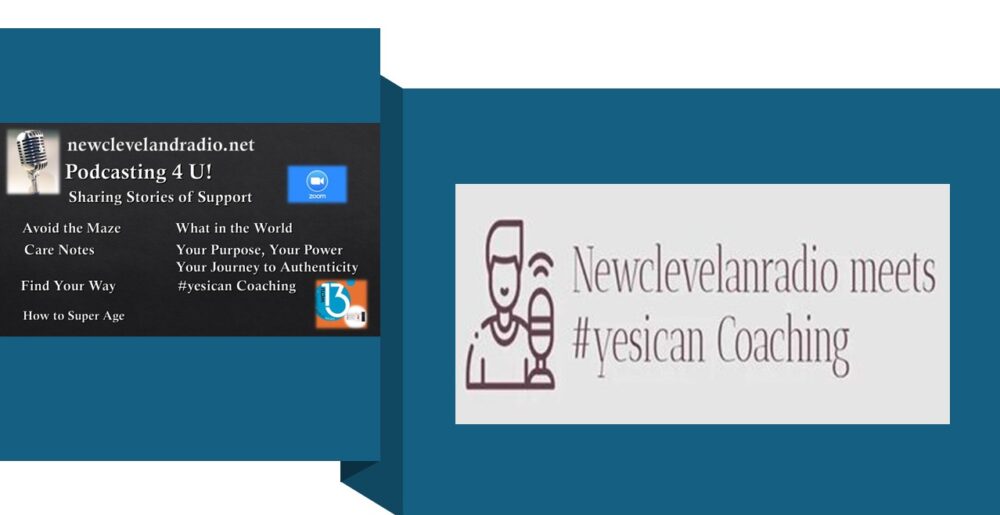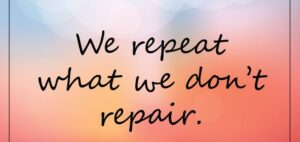You have 1 free story left this month.
Nothing Works
![]()
I hate technology.
Nothing works. I’ve done nothing today. Not only do I have virus anxiety, but the only thing that works is my TV, which is on twenty four seven, reporting the rise of virus cases, and deaths. Even Alexa isn’t working. When I shout “Alexa!” there’s silence. She’s not working.
Anyway, it’s the middle of the night and I hear loud talking. My heart racing, sure that there’s a break in, I press the 911 panic button on my phone. In fifteen minutes, three burly police officers with keys clinking from their belts, arrive at my apartment. Shaking, I’m ranting someone is in the apartment, hiding. “I heard talking! Someone is hiding!” I repeat.
“Hey! Lady! It’s Alexa,” sighs a tired looking officer, looking at me as if I’m nuts. “You need to get Alexa fixed!”
As the weeks pass in mostly quarantine, I spend hours on Google, taking notes on technology, calling tech friends with questions, but they always say they’re in the middle of a Zoom meeting.
Still, nothing works.
If I scramble eggs on my fairly new stove, the fire alarm goes off, and then the tenants run down the stairs, yelling “Fire!” Now they give me dirty looks. Not to mention my pandemic anxiety. Obsessively, I worry if I get the virus and end up dying, my poor fifty something kids will have to face time me to say goodbye, and in the middle of our conversation, an 800 number will interrupt our call and my phone will go dead.
My tech anxiety is so bad that I’ve doubled my shrink zoom sessions. Even sending an attachment, I break into a cold sweat. My printer doesn’t work and sometimes my TV sticks on Netflix and the same movie stays frozen. No matter what I do, what buttons I press on the several remotes, nothing works.
You have to understand that I’m from the typewriter generation. I yearn for my little pink business cards printed with one telephone number on it. Now business cards have lists of links and Apps.
As the pandemic rages, and my anxiety grows, I have a recurrent nightmare: I’m lost. I’m driving. It’s dark, the road is thin, and as I drive, the road is thinner, and below, a vast dark green ocean is ready to swallow me and the car won’t stop. My cell phone is attached to the little hook on my belt but it only has ten percent battery juice left in it, so I call 911. A recording comes on, and my phone dies. I wake shaking. I look at the vase filled with yellow roses my daughter sent and I smell the fog floating from the open window and I’m glad I’m alive.
Never will the world be what it was. You never can go back. But I need to work, make money, need to develop social networking skills. Zooming has replaced the telephone, skype, and e-mailing. Recently, I was zooming on this hot national TV show and the host was promoting my latest novel, when my land phone rang, and the computer screen went dark. The producer called on my cell phone, shouting that I have to shut the phones off and that I “fucked up” their show.
Today, I have a pitch meeting with an LA network producer. He and his colleagues are interested in one of my books for a TV series. I’ve been in this game many times but I’m a fame whore and I won’t give up.
I wear a turtleneck and weave two black ostrich feathers into my long brown silver streaked hair. I glam up. I take a deep breath. It’s time. I click the zoom link. Wham! The little green camera is lit. A blast of music. Boom! Bubsy Jacobs about forty something, thin as a pipe, stands next to a huge rocket ship. “I’m virtual.” He laughs.
The head producer they call Ro Ro, short for Rothman, says with a yawn, that the network “loves,” my project. I’m sure he has never read my book. He has a large face and tiny distracted eyes.
Epic Glassman, about thirty and gorgeous, in a bored monotone, gushes how much she loves Should I Sleep In His Dead Wife’s Bed, and that she read it “head to toe.” She pauses, her round blue eyes behind huge chic round glasses, glaring. “However,” she continues in her voice soft as a gnat, “ I would like to see your protagonist Heather do something besides look for love. Also, she needs to be …younger?” She presses her full pale lips, disapprovingly.
I take a deep breath. “Well, first, her name is Lisa. And I want to keep her at sixty-five. She’s a Phd psychologist, researching the sex lives of men over sixty. She wants more than work. She wants love and fights ageism and sexism.”
“How do we know this?” she asks, impatiently.
“It’s on the first page,” I reply. “You’re in her office. She has a patient. It’s right there.”
“Who do you see playing the part?“ Ro Ro asks quickly.
“Diane Keaton,” I reply.
“Too old,” Epic says, with a bored sigh.
“I agree,” says Ro Ro. “The old actresses are in Rehab or in assisted living.” Just as I’m about to reply that his reason is ageist and sexist, and that I won’t let the networks change my work, I realize that my audio is off and I can’t hear them, nor can they hear me, and their faces are frozen on my computer screen. Frantically, I’m looking for the un-mute tiny red arrow, but when I click the arrow, the screen goes black.
The pandemic rages on. My anxiety continues.
“Mom. I put money in your Venmo app,” says my daughter on the phone. “It’s a gift. You didn’t get your unemployment.”
“Venmo?”
“My husband put the app on your phone! The money goes directly into your account. It’s a three-hundred dollar gift. No one smart goes into banks anymore.”
“Wow, thank you, “I say, thinking I’ll have extra money this month.
The weeks pass and I’m thinking I have three hundred dollars extra in my account. Whoopee! I buy shampoo, books, a New Yorker membership. Until I check my Citibank account and not only am I overdrawn but checks bounced.
“It can’t. You made a mistake!” I shout at the customer service man. He has a heavy accent and I keep saying, “What? What do you mean the money isn’t there? I have Venmo. Citi Bank has to make this good!”
“Venmo is not a bank. Venmo transfers your money into your Citibank account. I will talk you through.”
“So why do I need Venmo?” I shout. “I could walk to the bank.”
“Bank closed. Pandemic.Now go to your venmo App. I help you.”
Perspiring , I try to follow him as he instructs me step by step. But when I press my password’s tiny letters , a Reset Password bar pops up. I’m not breathing.
“Try again,” he says,patiently. I try again.
Again.
Again.
Finally a little bar says you are now transferred to Citi Bank. You will receive an e-mail.
“Success!” he says. “You see. You can do it.”
Every day, I’m zooming, apping, instagramming. I go on the singles sites. Some dudes have passwords to get on their zoom accounts, others sit in virtual atmospheres, their faces strangely young as they use Google Virtual for to erase lines, bags, wrinkles.
Nothing works.
To be continued.
BarbaraRoseBrooker/author of her latest novel Love, Sometimes, published Feb 2020, Post Hill Press/Simon Schuster
Brooker is working on The Corona Diaries and Other Things. Her national TV appearances, and podcasts The Rant are on You Tube and www.barbararosebrooker.com



 Before I begin my day I have to get something off my chest – How Can We Have an Imbecile (per the dictionary, “a person affected with moderate intellectual disability,” a fool, an idiot) be a world leader as POTUS. Yes, I am talking about Donald Trump! I am not holding back because he is so ignorant when it comes to ‘reality’ and he has a following of minions that claim they want change (and climate change is not real!) and only this so-called IMBECILE can provide that for
Before I begin my day I have to get something off my chest – How Can We Have an Imbecile (per the dictionary, “a person affected with moderate intellectual disability,” a fool, an idiot) be a world leader as POTUS. Yes, I am talking about Donald Trump! I am not holding back because he is so ignorant when it comes to ‘reality’ and he has a following of minions that claim they want change (and climate change is not real!) and only this so-called IMBECILE can provide that for  Please click on this link and absorb her wisdom
Please click on this link and absorb her wisdom  The big holiday is upon us, and if you’re like me, you’re not going anywhere. Our friends’ Fourth of July parties have all been canceled down here in Texas, so I will be hanging out with the fam, playing card games, and shooting off our own fireworks. So not exactly quiet. Happy Fourth to all!
The big holiday is upon us, and if you’re like me, you’re not going anywhere. Our friends’ Fourth of July parties have all been canceled down here in Texas, so I will be hanging out with the fam, playing card games, and shooting off our own fireworks. So not exactly quiet. Happy Fourth to all! D5 Creation
D5 Creation